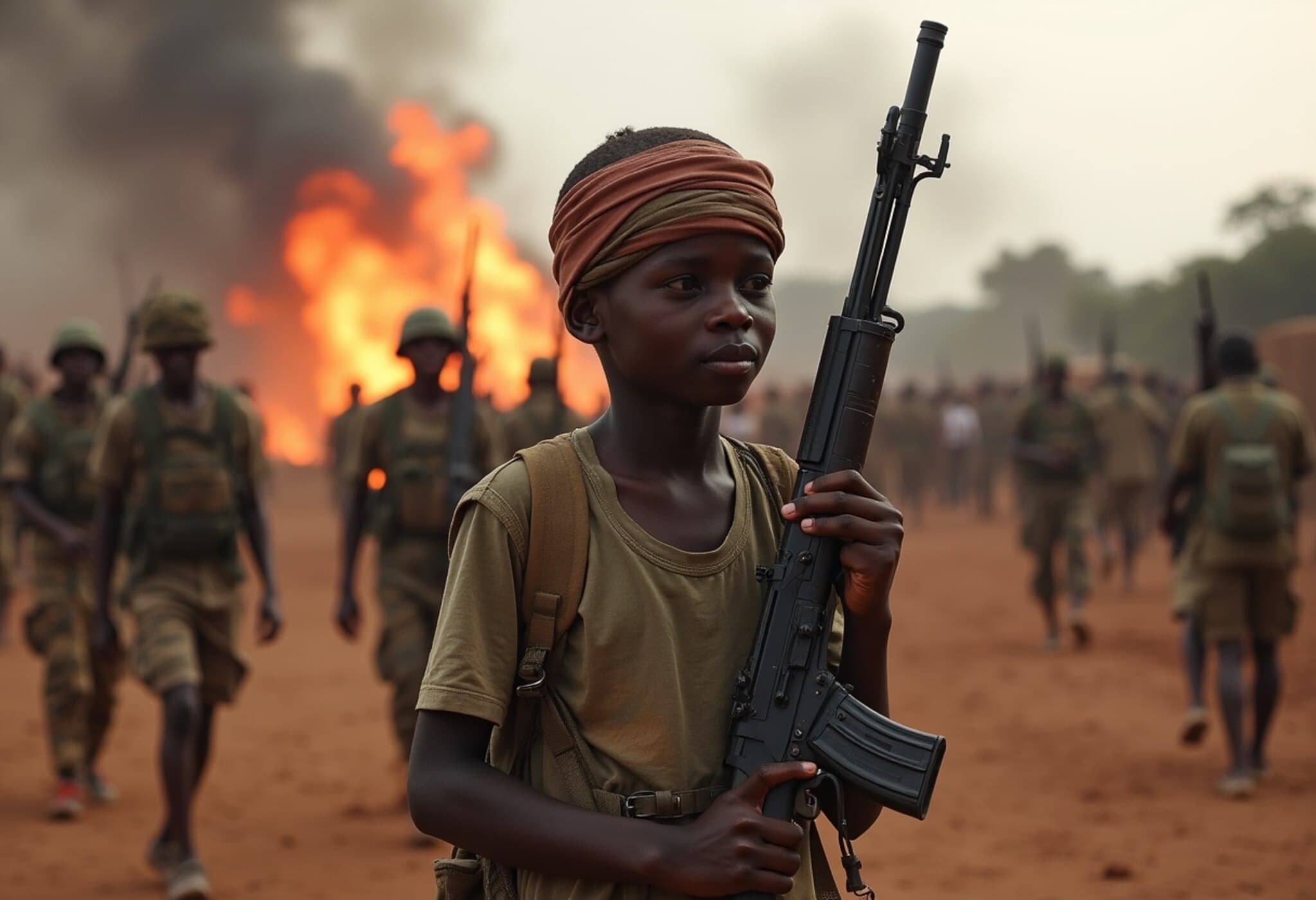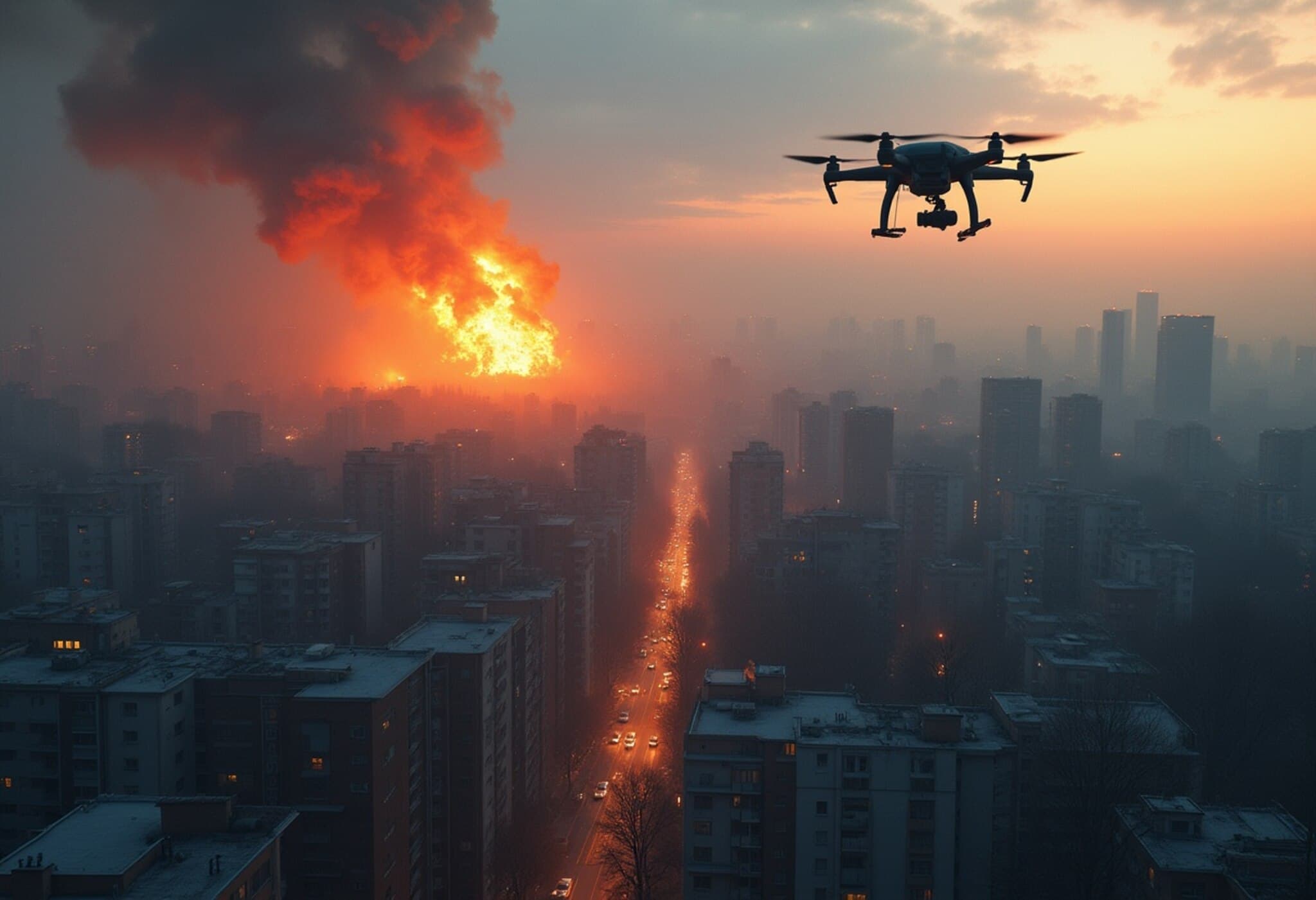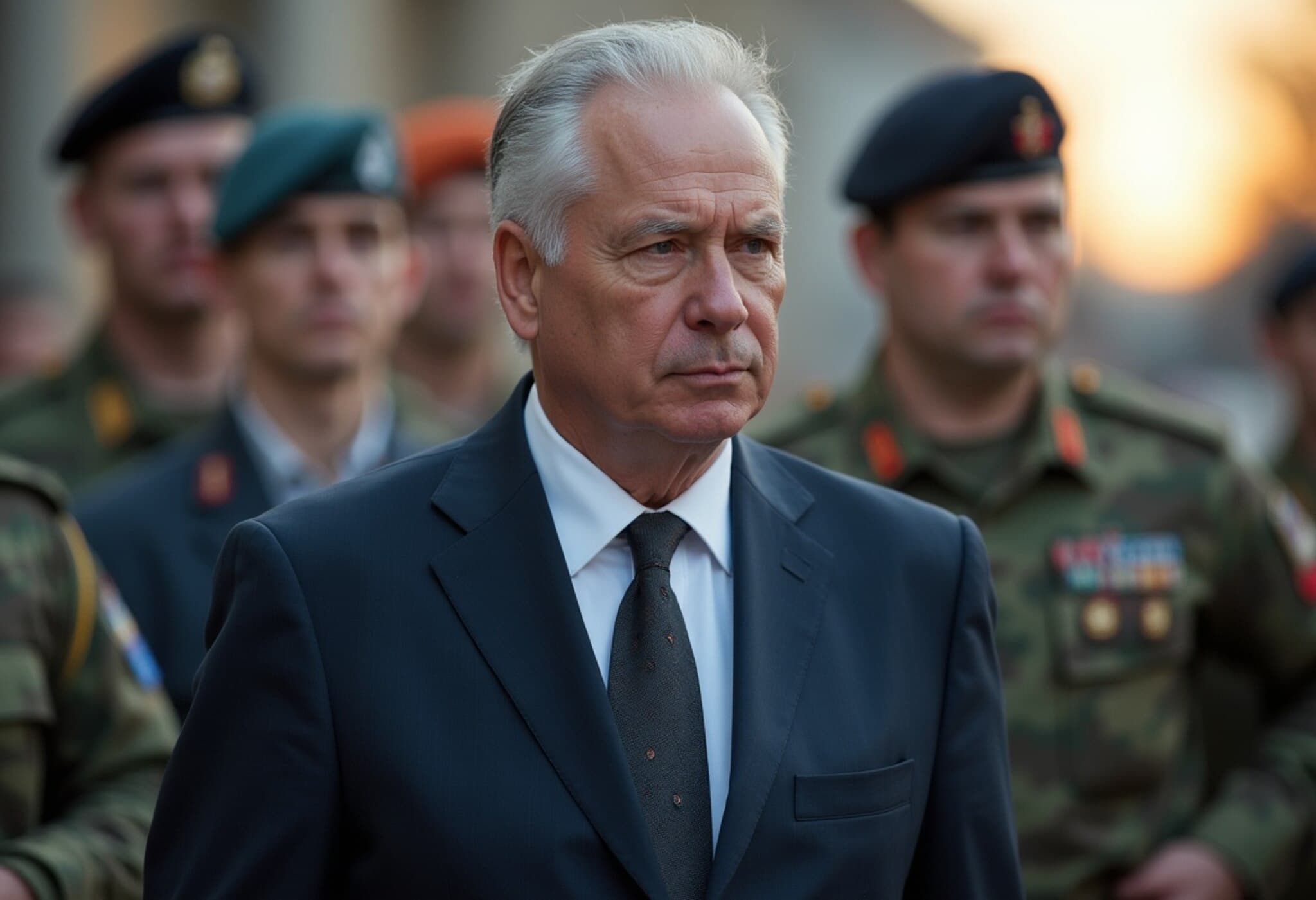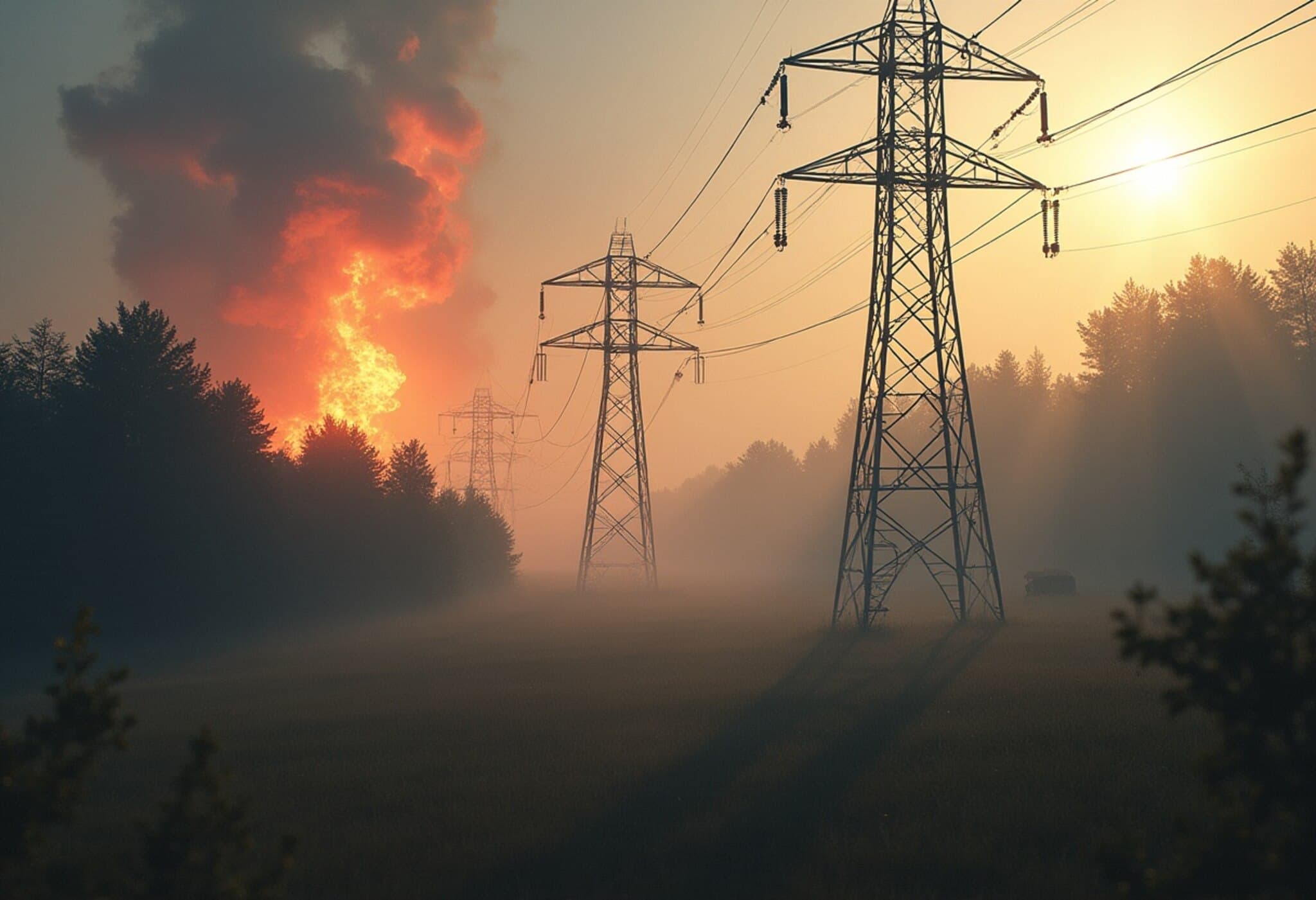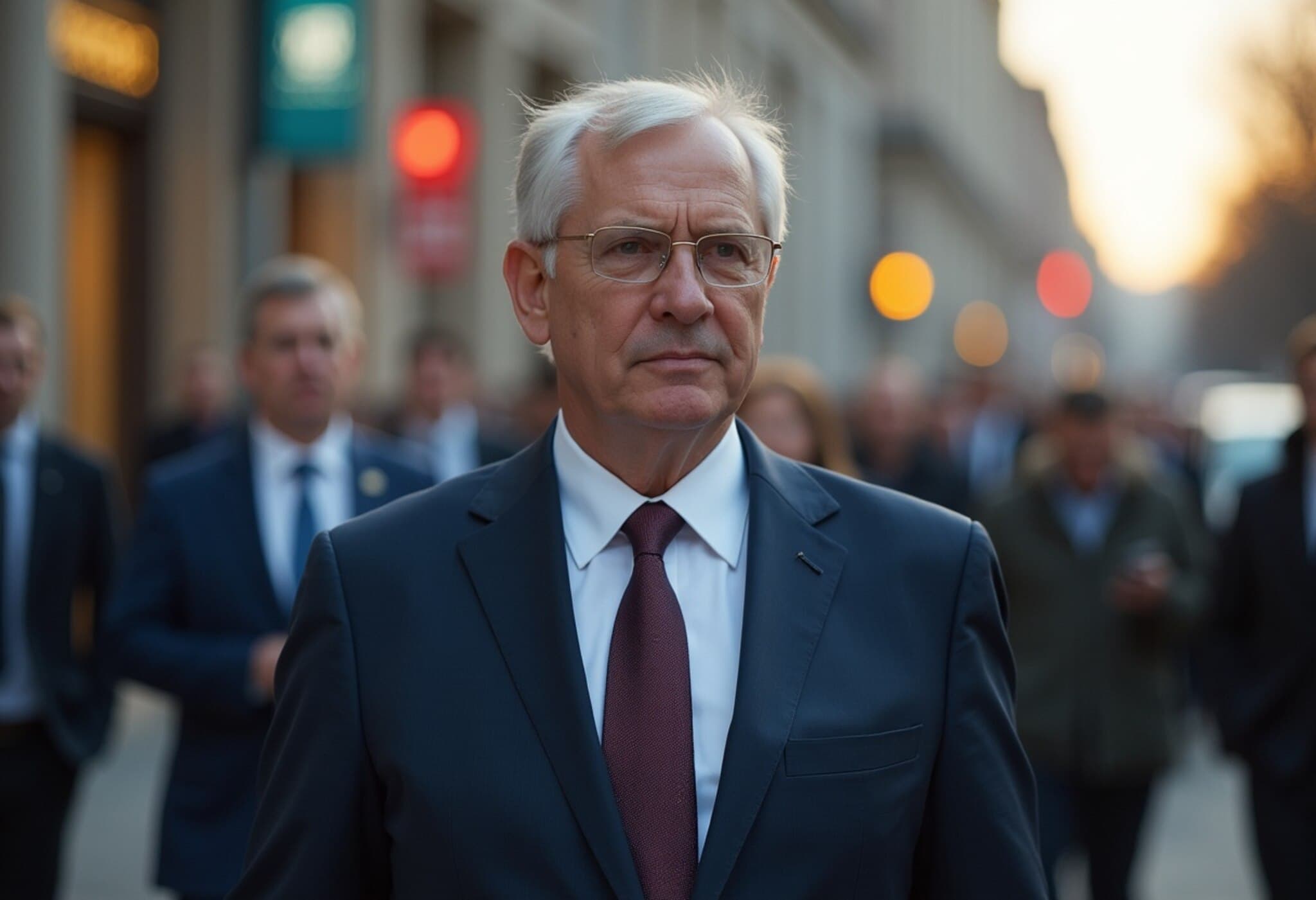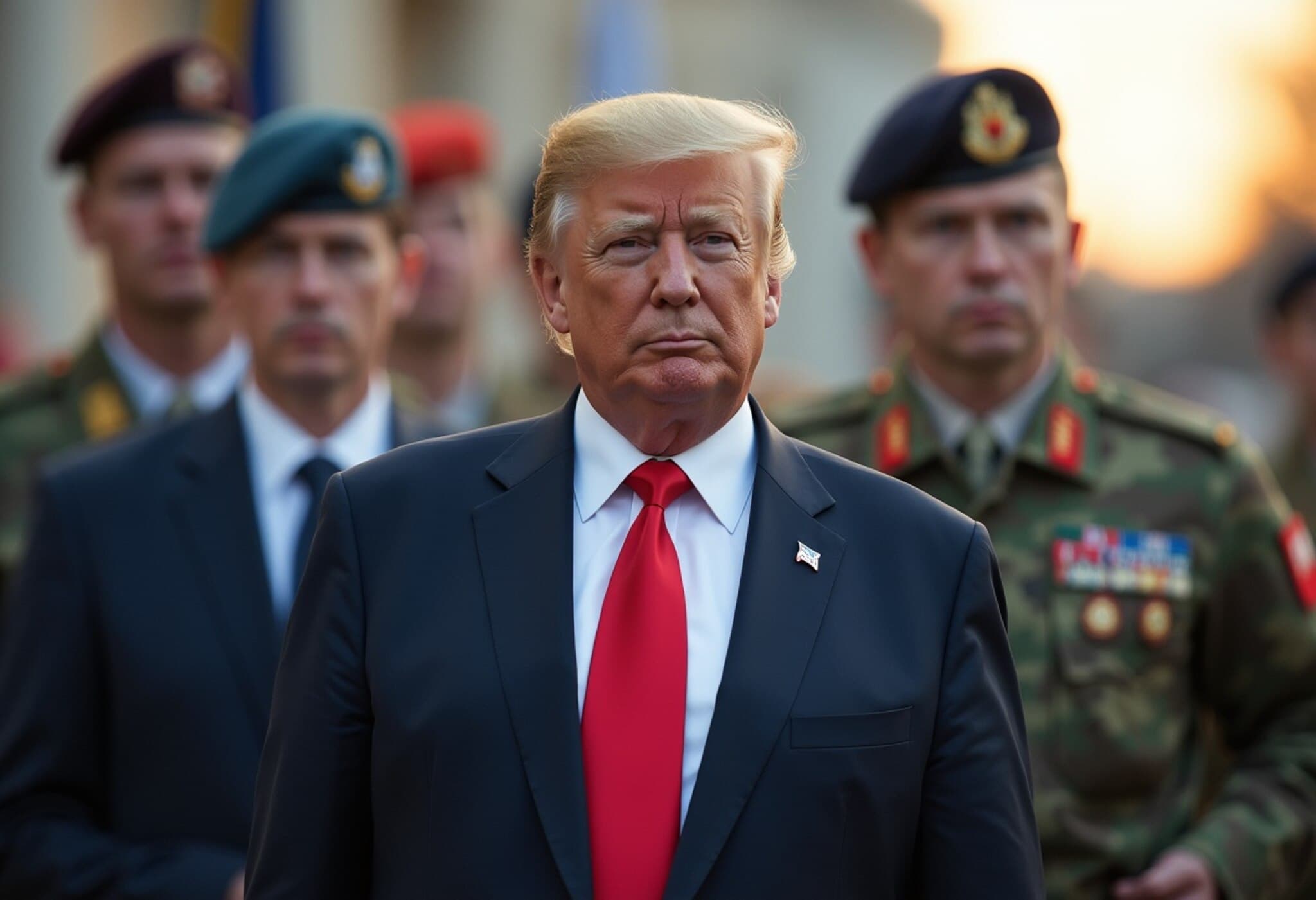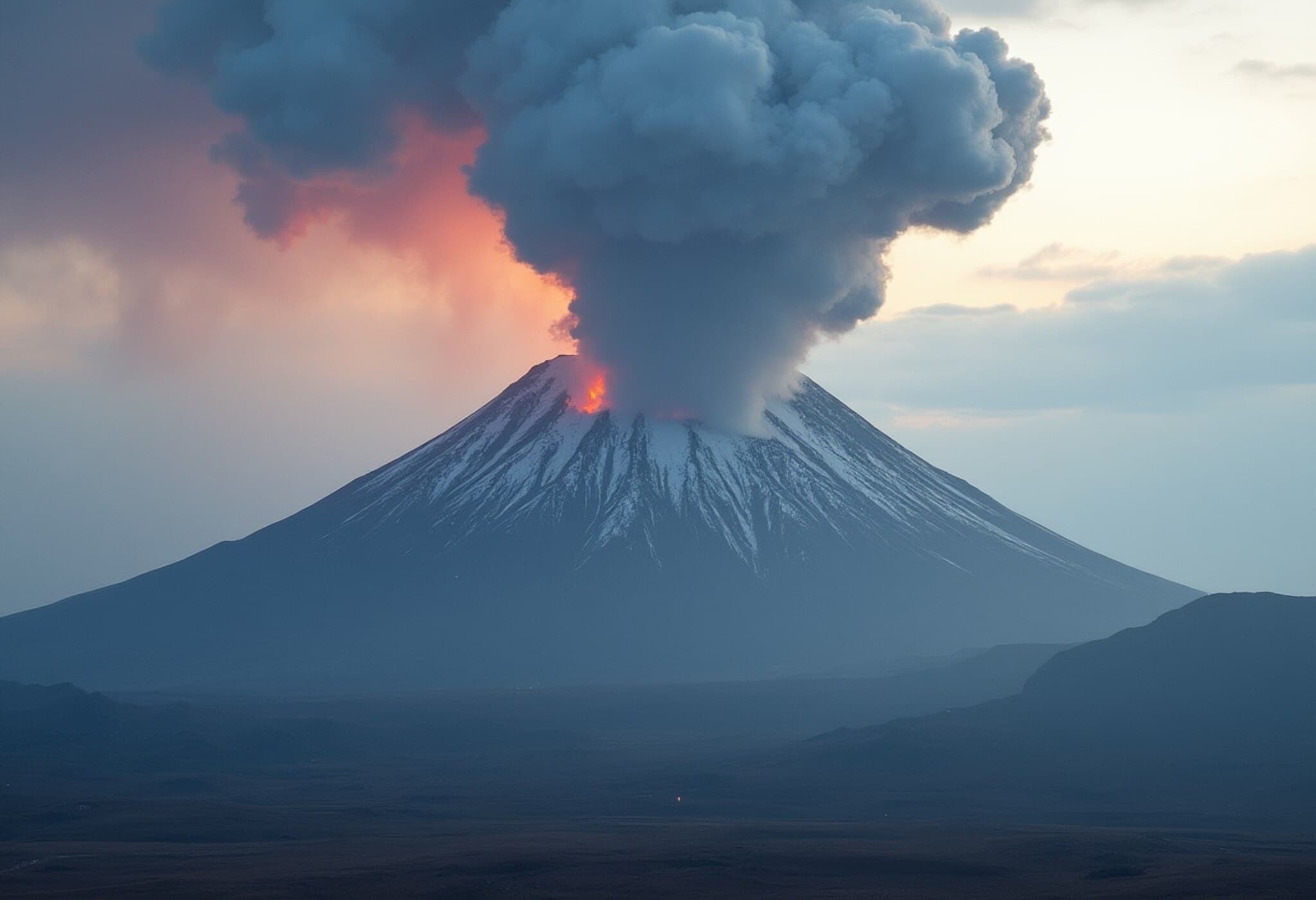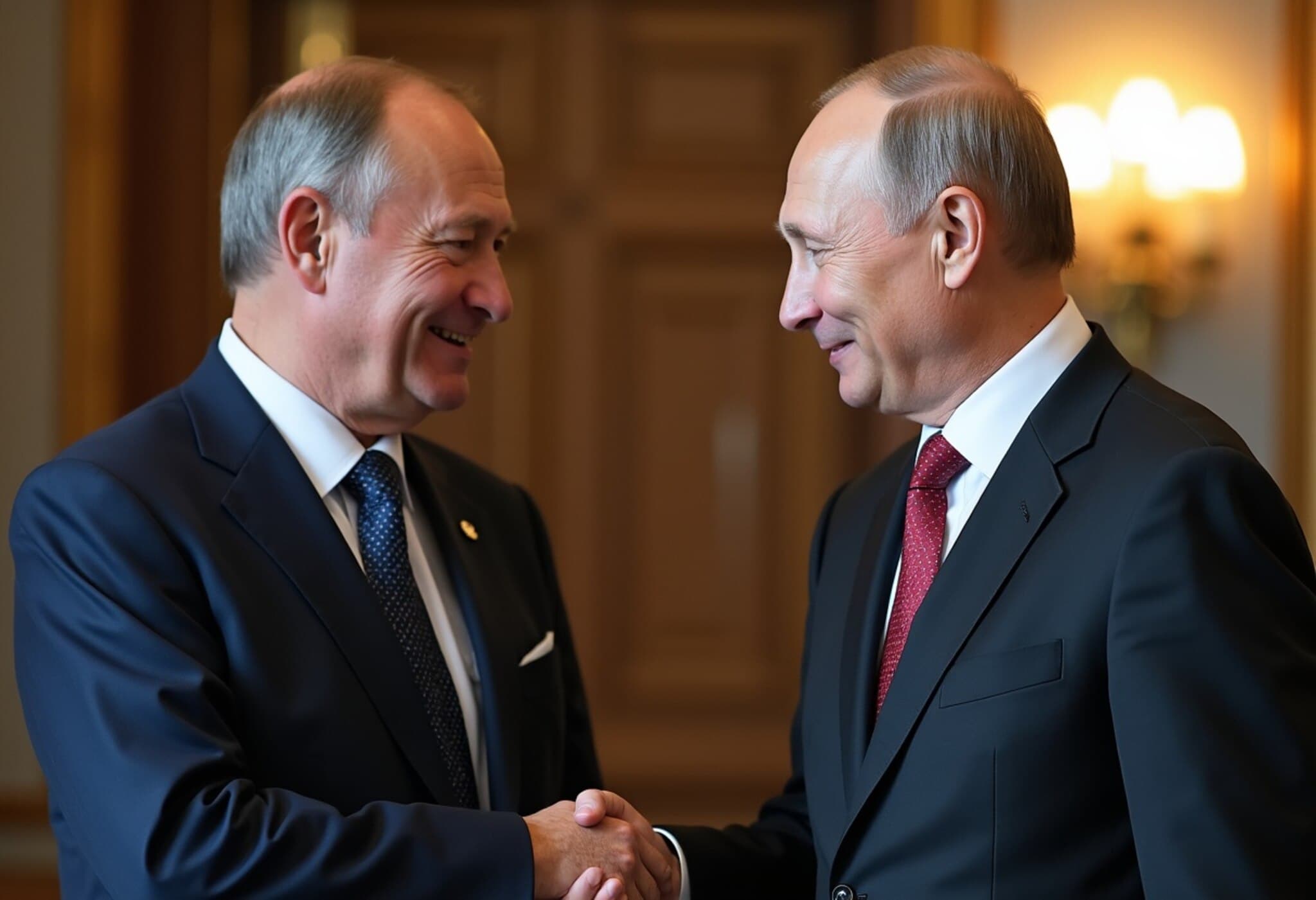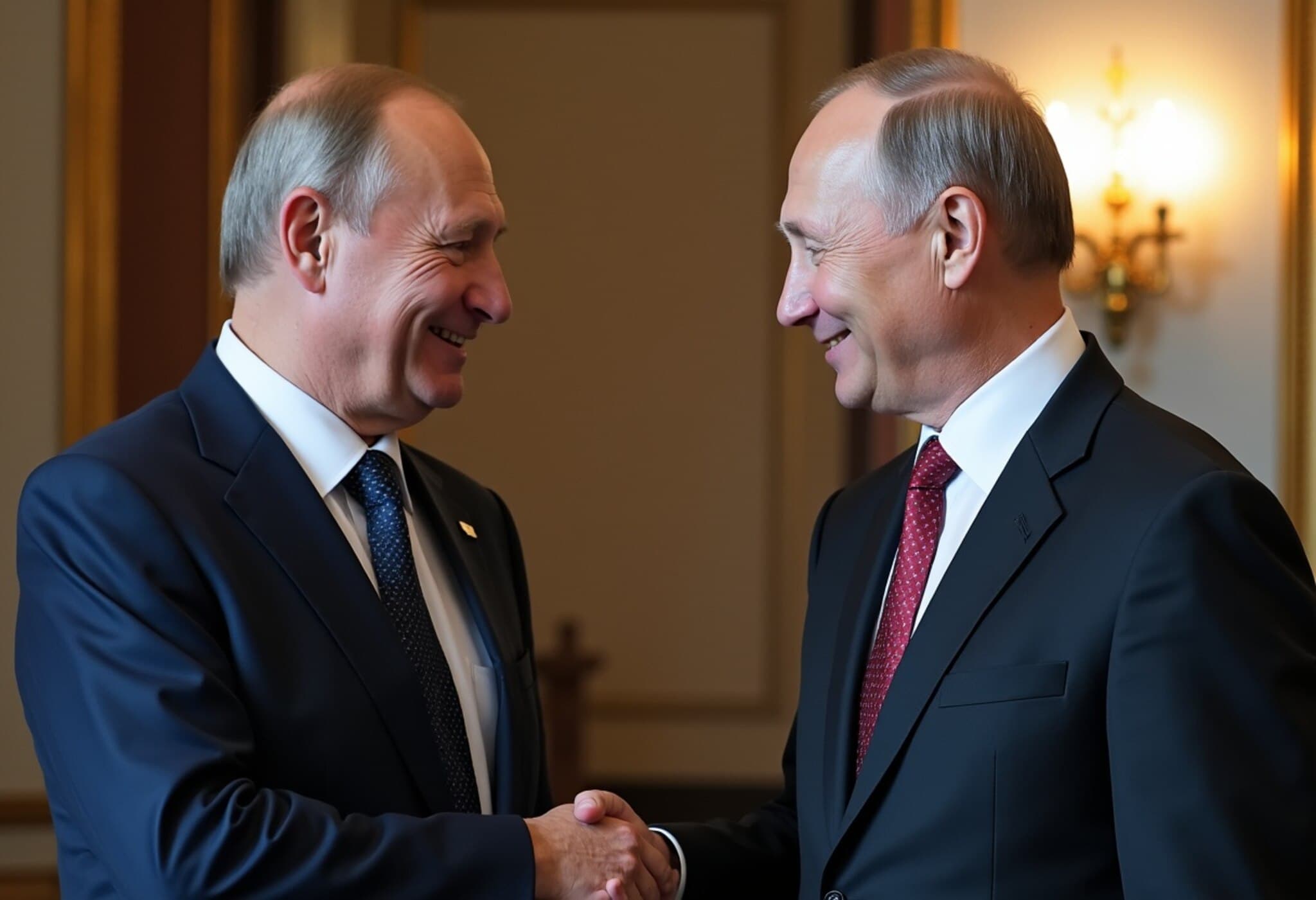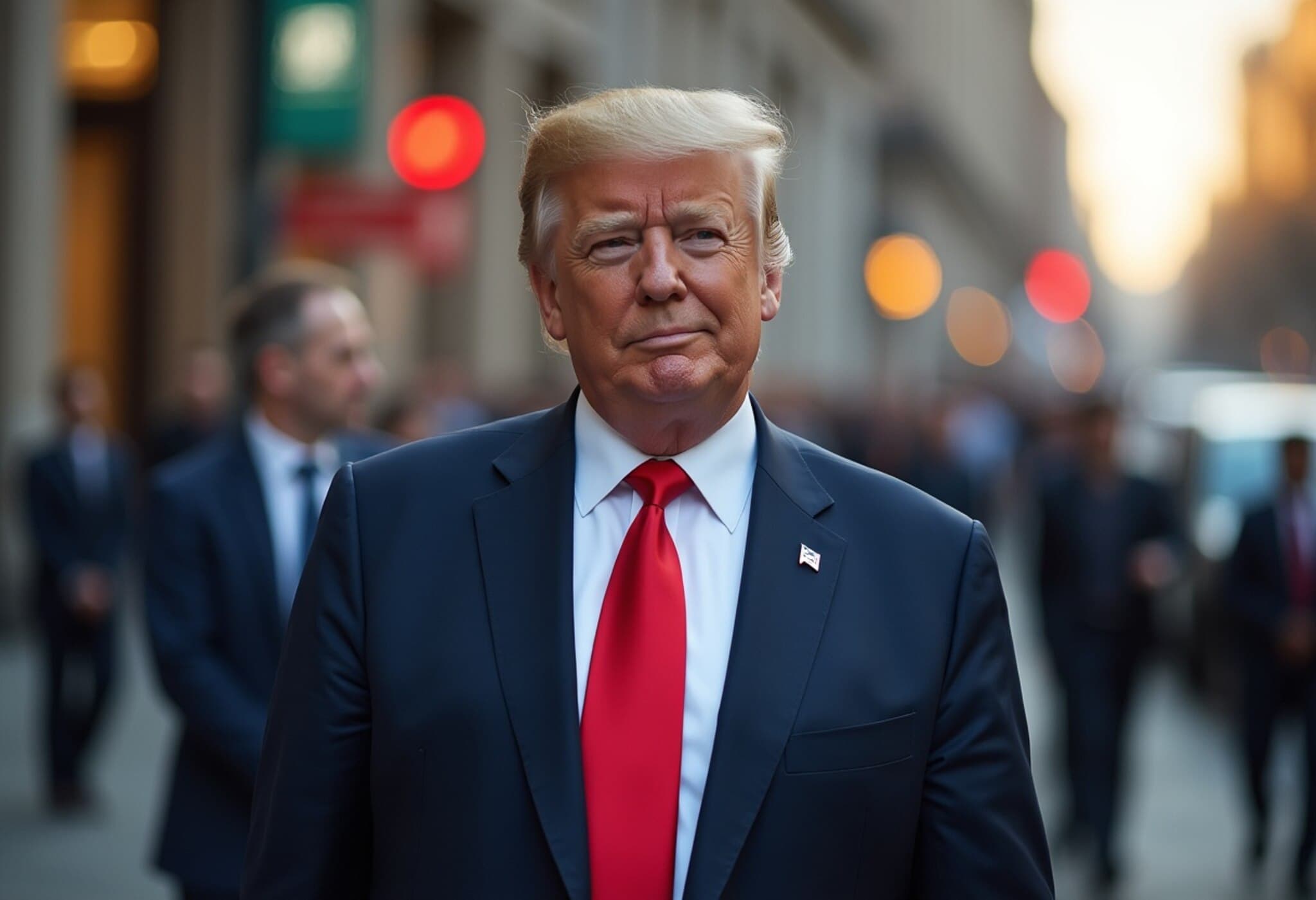Foreign Mercenaries Amid Ukraine Conflict: Zelenskyy's Accusation
In a recent and compelling statement, Ukrainian President Volodymyr Zelenskyy alleged that foreign mercenaries from countries including China, Pakistan, and various African nations are actively participating on Russia's side in the ongoing war in Ukraine. This revelation underscores the increasingly complex international dimensions of the brutal conflict undermining European security.
Details from the Frontline Visit
“We spoke with commanders about the frontline situation, the defence of Vovchansk, and the dynamics of the battles,” Zelenskyy wrote. “Our warriors in this sector are reporting the participation of mercenaries ... We will respond.” The president’s statement signals Kiev’s keen awareness of the broader geopolitical undercurrents fueling the conflict.
Contextualizing the Claims: The Geopolitical Chessboard
The allegation that China and Pakistan mercenaries are on the battlefield aligns with earlier reports of Russia recruiting fighters beyond its borders to bolster its forces amidst significant manpower shortages. While Beijing has officially denied sending troops or mercenaries to Ukraine, independent verification remains challenging given the clandestine nature of such deployments.
In addition, North Korea’s documented deployment of thousands of troops in Russia’s Kursk region indicates Moscow’s growing reliance on non-traditional allies and proxy forces. This internationalization of the conflict raises critical questions about the broader strategic calculations of these countries and the ramifications for global security.
International Reactions and Diplomatic Responses
- Russia: As of this report, the Kremlin has not publicly responded to Zelenskyy’s mercenary claims.
- Embassies: Reuters reached out to the embassies of Tajikistan, Uzbekistan, and Pakistan in Kyiv for comment, but no immediate statements were made.
- China and Pakistan: Both nations have historically denied involvement beyond diplomatic support to Russia, emphasizing non-intervention.
Implications for the Ukraine Conflict and Regional Stability
The presence of foreign mercenaries, if corroborated, complicates efforts to resolve the war diplomatically and may escalate tensions with the countries implicated. It reveals how the Ukraine war has become a proxy battlefield reflecting broader geopolitical rivalries, drawing in actors from Asia and Africa far beyond Europe’s traditional sphere.
Moreover, the recruitment of mercenaries raises ethical and legal questions under international law about the use of irregular combatants and potential violations of sovereignty. For the United States and its allies, these developments underscore the urgent need to carefully monitor and contain the conflict’s spillover effects and maintain robust intelligence-sharing partnerships.
Expert Analysis: What Lies Beneath the Surface?
Experts suggest that the deployment of mercenaries from diverse backgrounds could indicate Moscow’s systemic manpower constraints amid heavy attrition. Western sanctions and economic isolation have pressured Russia to seek manpower abroad, leveraging historic ties with countries like Pakistan, China, and parts of Africa, where private military contractors and economic incentives might facilitate recruitment.
From a policy perspective, these developments demand heightened vigilance from international law enforcement and intelligence communities to track mercenary movements and prevent the conflict’s further internationalization. For Ukraine, confronting and exposing such foreign involvement could bolster diplomatic leverage and justify intensified calls for international support.
Looking Ahead: What to Watch
- Verification and independent investigations into foreign mercenary involvement.
- Russia’s official stance and potential diplomatic escalations.
- Responses from China, Pakistan, and African nations to the allegations.
- Impact on peace negotiations and ongoing military dynamics.
- Broader geopolitical consequences for U.S. and NATO interests in Eurasia.
Editor’s Note
The claim that foreign mercenaries are joining Russia’s ranks adds a complex layer to the Ukraine war, highlighting the shadowy lines where state interests and irregular combatants intersect. As this story unfolds, readers should watch for verified intelligence and policy responses, understanding that beneath the battlefield lies a broader contest involving global strategic ambitions and ethical dilemmas in modern warfare.



